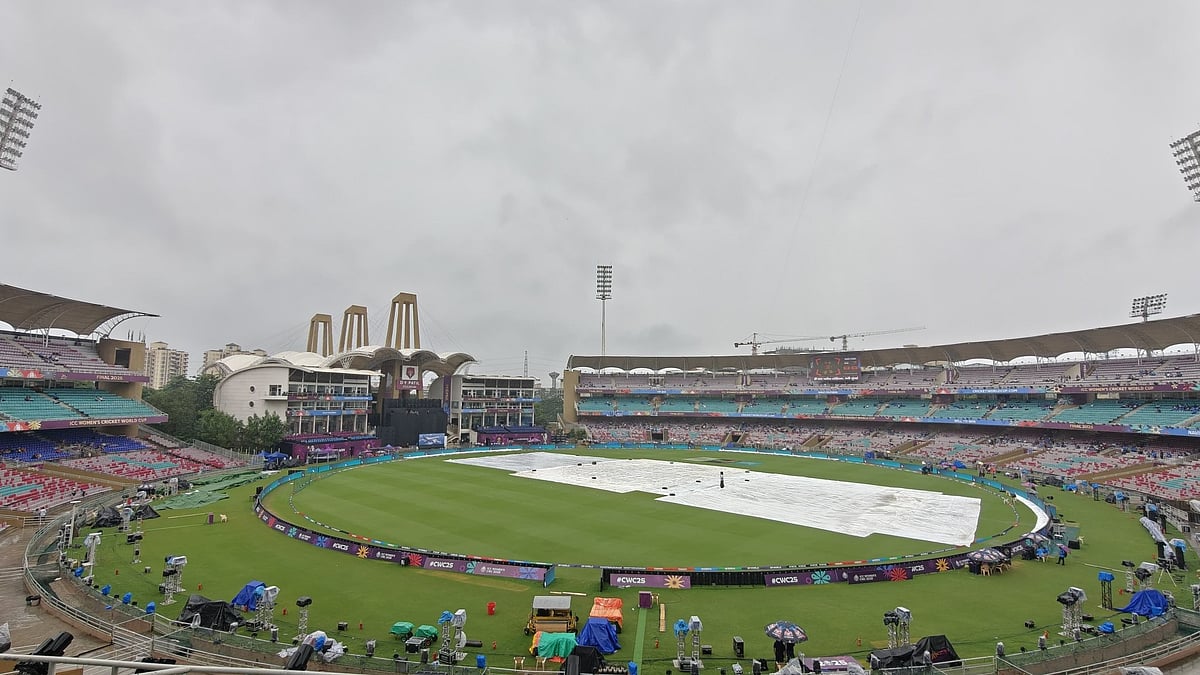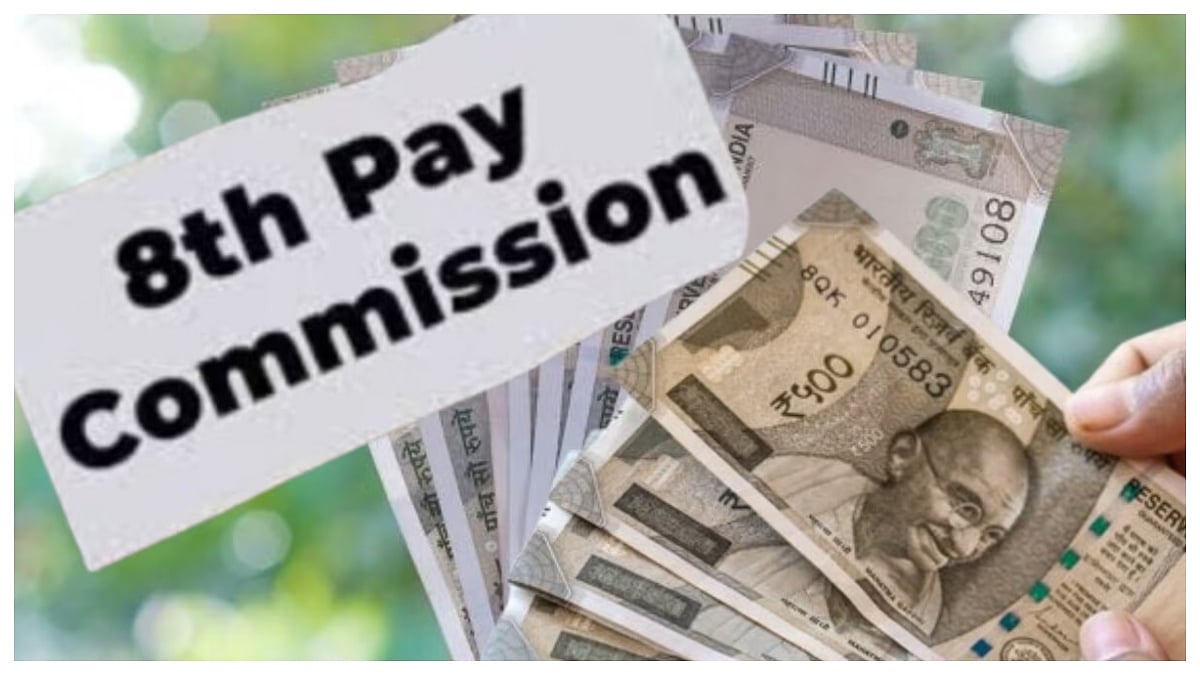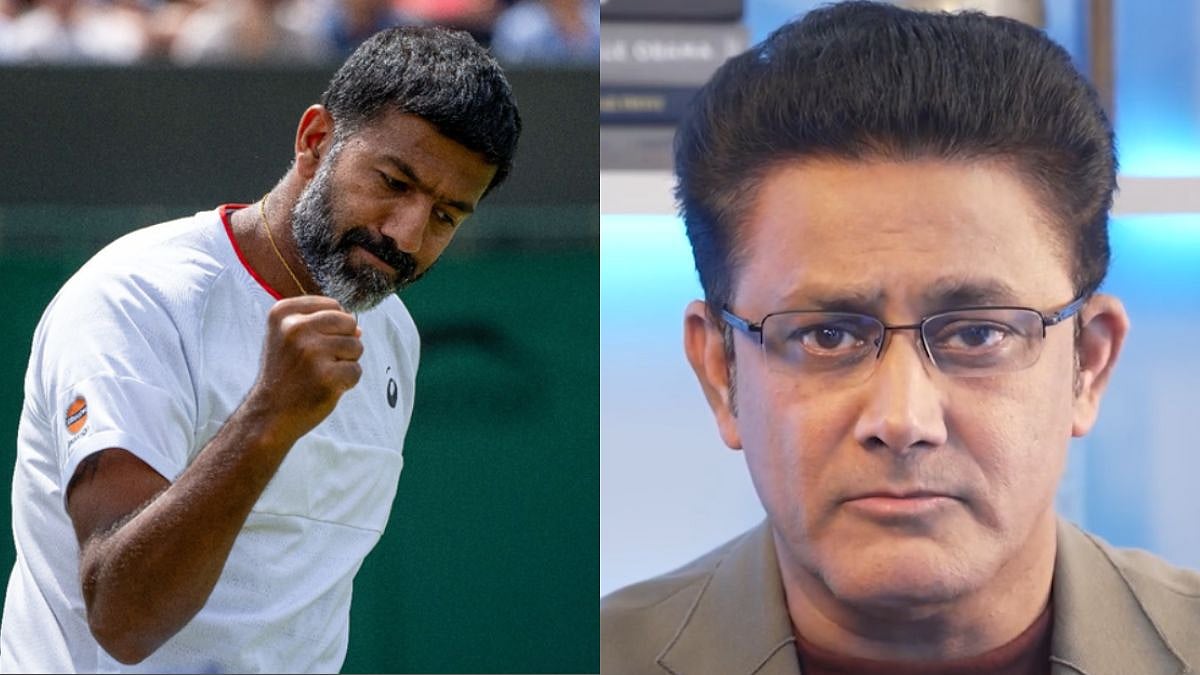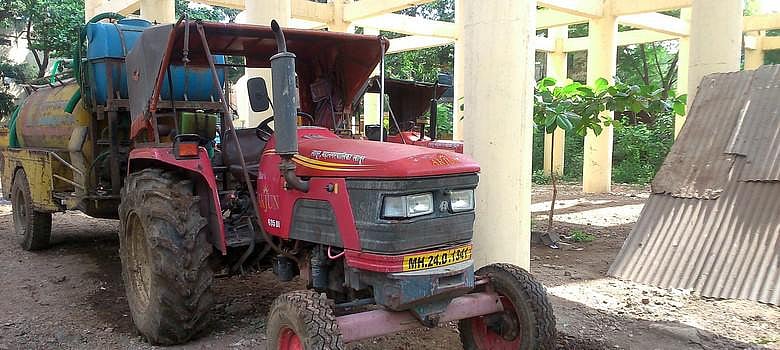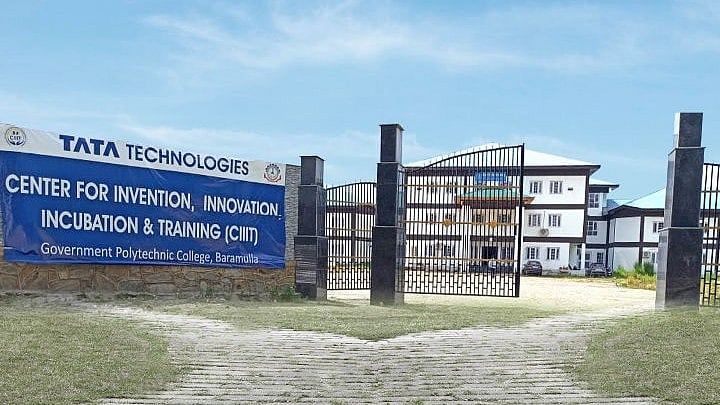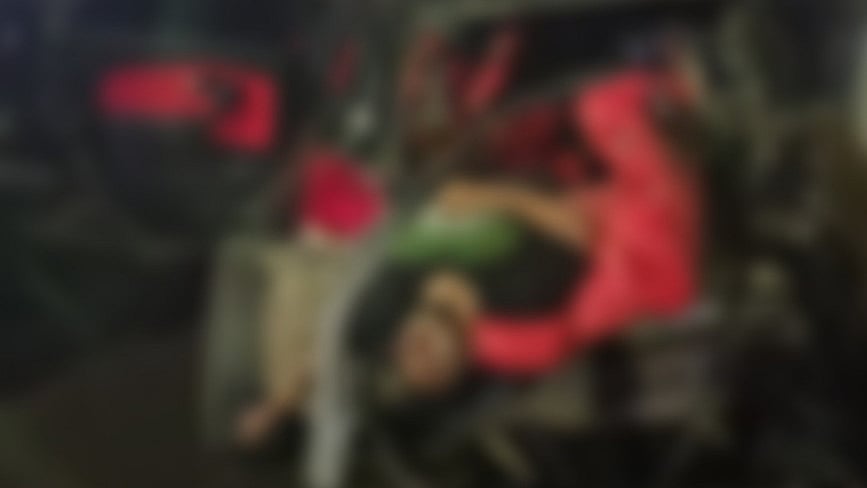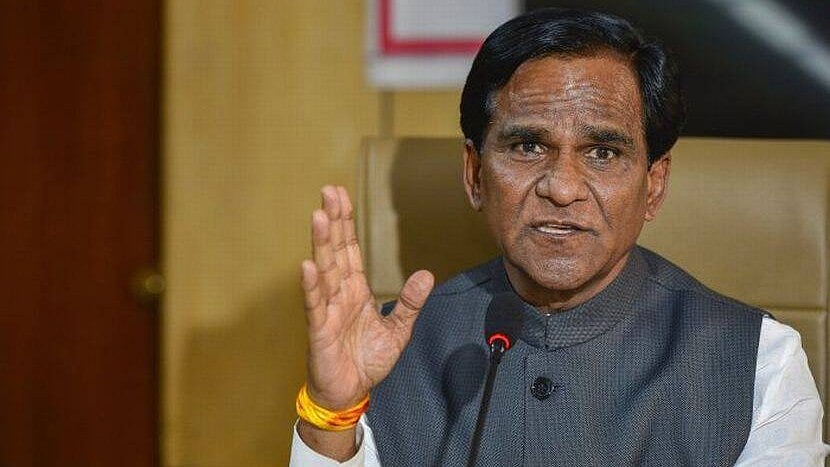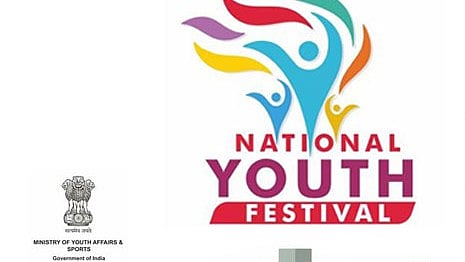The District Planning Committee meeting was held at the district collectorate on Saturday, but instead of district planning, political differences came to the fore.
After the Lok Sabha elections, political indifference has continued between former union minister Raosaheb Danve and district guardian minister Abdul Sattar in the district. When asked why Danve was not called for the program held in Sillod recently, Sattar said that all elected officials were invited to the program.
Earlier, Danve had alleged that Sattar is trying to eliminate the Maratha community in Sillod and Jalna district. Sattar replied that the Maratha community had rejected Danve, which is why he could not win the Lok Sabha elections. He added that he had launched a hunger strike for 30 days for the Maratha community and stated that there is no difference between him and Danve.
Meanwhile, newly elected MP Dr. Kalyan Kale also ridiculed Danve, saying that instead of Sattar, his supporters had helped him in the elections.
Housing minister Atul Save said that all the eminent leaders from the district were called for the public meeting at Sillod, but he was not aware whether Danve was invited to the program.
A plan of ₹660 crore was proposed for the development of the district, of which a plan of ₹560 crore has been given administrative sanction. The development works include police stations, clinics, irrigation, religious places, and others. The officers have been directed to plan the funds for the development of the district, Sattar said while talking to the media.
During the meeting, discussions were held on the minutes of an earlier meeting, and the development works were given administrative sanction. The expenditure for the last year of ₹672.11 crore was also sanctioned. For the financial year 2024-25, the development works of ₹660 crore were sanctioned for general schemes, ₹104 crore for special schemes, and ₹9.90 crore for tribal schemes. The total amount of ₹773.90 crore was sanctioned.
2-Day Conference on Vascular Diseases Begins
The two-day national conference on vascular diseases began in the city on Saturday, inaugurated by eminent doctors from the city. The guests present included Dr. Shivaji Sukre, Dean of Government Medical College and Hospital; Dr. Rajendra Bohra, Dean of MGM Hospital; Dr. Praveen Suryavanshi, Dy. Dean and President of ASI; Dr. Hemant Deshmukh, former Dean of KEM Hospital Mumbai; Dr. Uday Limaye, Senior Neurointerventionist from Mumbai; IMA Chhatrapati Sambhajinagar President Dr. Ujjwala Dahiphale; Hon. Secretary Dr. Vikas Deshmukh; Dr. Varsha Rote; Dr. Azad Siddiqui; and Dr. Devidas Dahifale.
Convenor Dr. Shivaji Pole stated that surgical treatment for vascular diseases used to involve higher risks and longer recovery times. However, modern medical techniques now allow for needleless surgeries, which reduce both the risks and complications, as well as shorten recovery times.
The Indian Society of Vascular and Interventional Radiology (ISVIR) and the Indian Medical Association (IMA) Chhatrapati Sambhajinagar are organizing this conference to discuss modern treatment methods for vascular diseases. This is the first time a national conference of this kind is being held in Chhatrapati Sambhajinagar on this new and advanced branch.
Vascular diseases are increasing due to unhealthy lifestyles and environmental changes. Although surgery is an advanced treatment for these diseases, it often carries significant risks. Needleless surgeries can reduce these risks and enable patients to return home healthy and early, improving their quality of life. ISVIR has started a campaign to bring this technology to patients, which has become a boon to modern medicine. During the two-day national conference, more than 200 expert doctors from across the country, along with city doctors, will discuss various topics, including treatment for brain stroke (paralysis), brain hemorrhages, gangrene, vein diseases, varicose veins, chest and abdomen bleeding and blockages, interventional radiology for cancer, GI interventions (medical procedures for diagnosing and treating digestive system disorders), and actual case-based studies and their experiences in the field with stalwarts of India.

158 villages get water through Jal Jeevan Mission
The ambitious Jal Jeevan Mission of the Union government has been implemented in 616 villages in the Hingoli district. The work of the mission has been completed in 158 villages, and they are now receiving water. The "Ghar Ghar Jal" scheme has been implemented in these villages. Moreover, the work in other villages is in progress.
The main aim of the mission is to provide clean drinking water to the villagers. The Union government started the Jal Jeevan Mission scheme before the Corona crisis. However, the scheme was hampered due to the pandemic. The work under the scheme could not gain momentum, and the funds released were also inadequate. After the Corona crisis, the work under the scheme resumed, and the scheme received adequate funds.
Out of the total 710 villages, the scheme was sanctioned for 616 villages. The scheme was implemented considering the water needs of the increasing population of the villages over the next 25 years.
The scheme is being implemented through the Water Supply Department of the Zilla Parishad. For the first time in the past few years, the Jal Jeevan Mission work has been done on such a large scale in the district. Earlier, the Union and State governments had implemented several water supply schemes, but this is the biggest scheme ever implemented. Previously, not all the villages were included in the schemes, but in this scheme, all the villages in the district were included. Those villages that face severe water scarcity were given preference in the scheme first. The Water Supply Department first conducted a survey, and then the villages were selected. In total, 114 villages were selected from Aundha Nagnagar taluka, 132 from Vasmat, 125 from Hingoli, 137 from Kalamnuri, and 108 from Sengaon, totaling 616 villages from the Hingoli district. The work has been ongoing for the past two years. By July 2024, the work was completed in 158 villages, and water is being supplied to these villages. These villages included 30 in Aundha Nagnath, 50 in Vasmat, 22 in Hingoli, 45 in Kalamnuri, and 11 in Sengaon taluka.
Police bust motorcycle theft racket in Vaijapur
The Vaijapur police busted a motorcycle theft racket. The police arrested the gang members and seized six motorcycles worth ₹2.25 lakh.
According to the details, Sheshrao Vitthal Muley (Alapurwadi, Vaijapur) lodged a complaint at Vaijapur police station that his motorcycle (MH 20 OB 0645) was stolen on January 1, 2024, from the Phulewadi area. A case was registered in this regard, and the police started the investigation.
PI Shamsundar Kauthale received information that the motorcycle was stolen by Ravi Ramesh Magar (Khandala) and his accomplices. He formed a team and directed the officers to conduct an investigation. The team, on Saturday, arrested the suspect Ravi Magar, and during interrogation, he confessed that he had stolen the motorcycle and other motorcycles at various places with the help of his accomplices Nitin Sakhahari Bharaskar (Mahalgaon, Vaijapur) and Sandeep Madhukar Bagul (Khandala).
The police arrested all the accused and seized six stolen motorcycles amounting to ₹2.25 lakh.
5 Corona positive found in city
The number of COVID-19 patients and dengue suspects is on the rise in the city. On Saturday, five COVID-19 positive patients and one dengue suspect were reported. The Chhatrapati Sambhajinagar Municipal Corporation (CSMC) health department has appealed to people to take care.
Currently, patients suffering from cold, cough, and fever are found in every house. Now, COVID-19 and dengue suspects are also coming to the fore. At the end of July, seven COVID-19 patients were reported, and now five more have tested positive.
Patients are crowding at the CSMC health care centers and private hospitals. The number of active COVID-19 patients in the city has now reached 17.
.jpg?width=1200)

